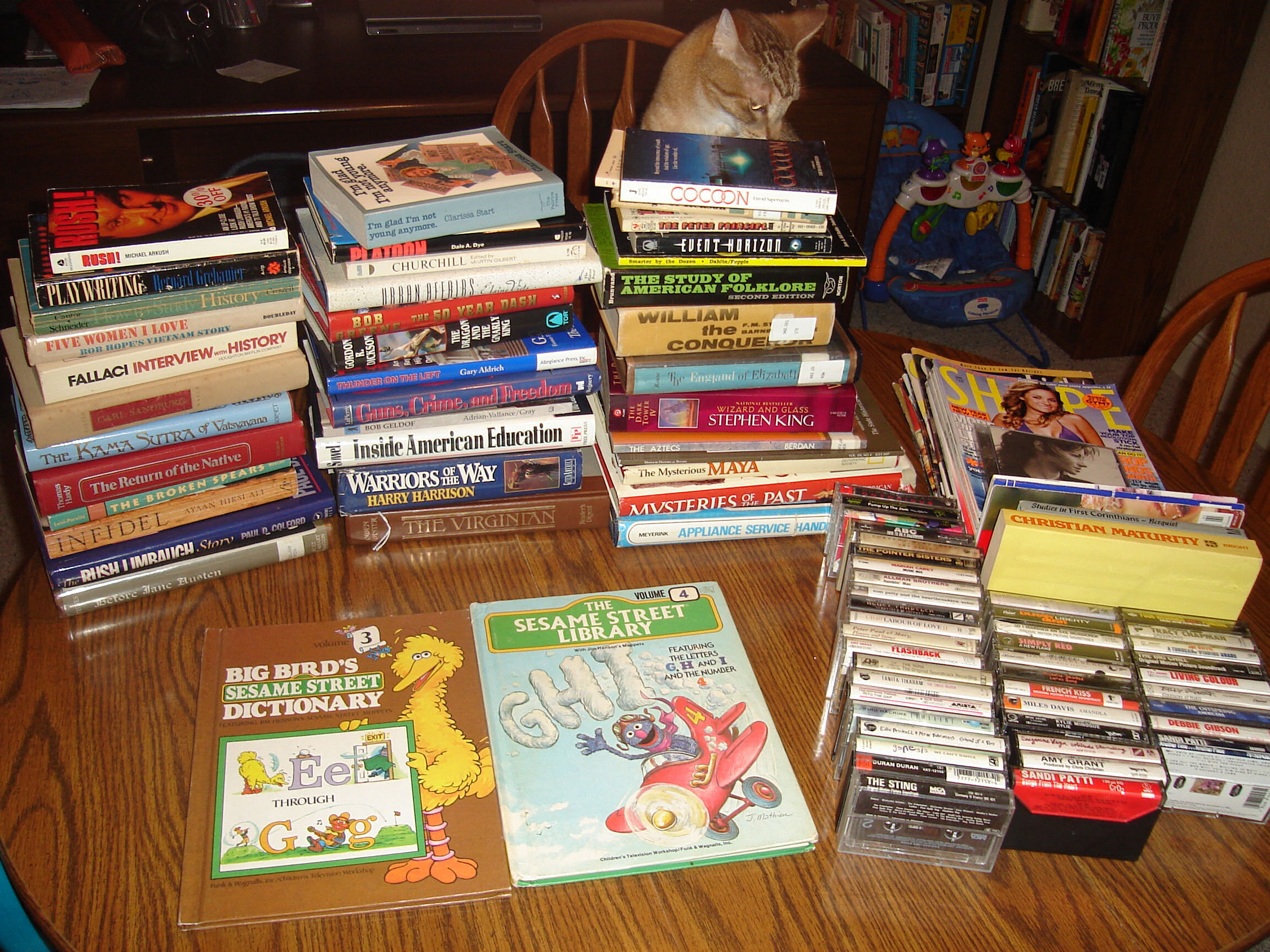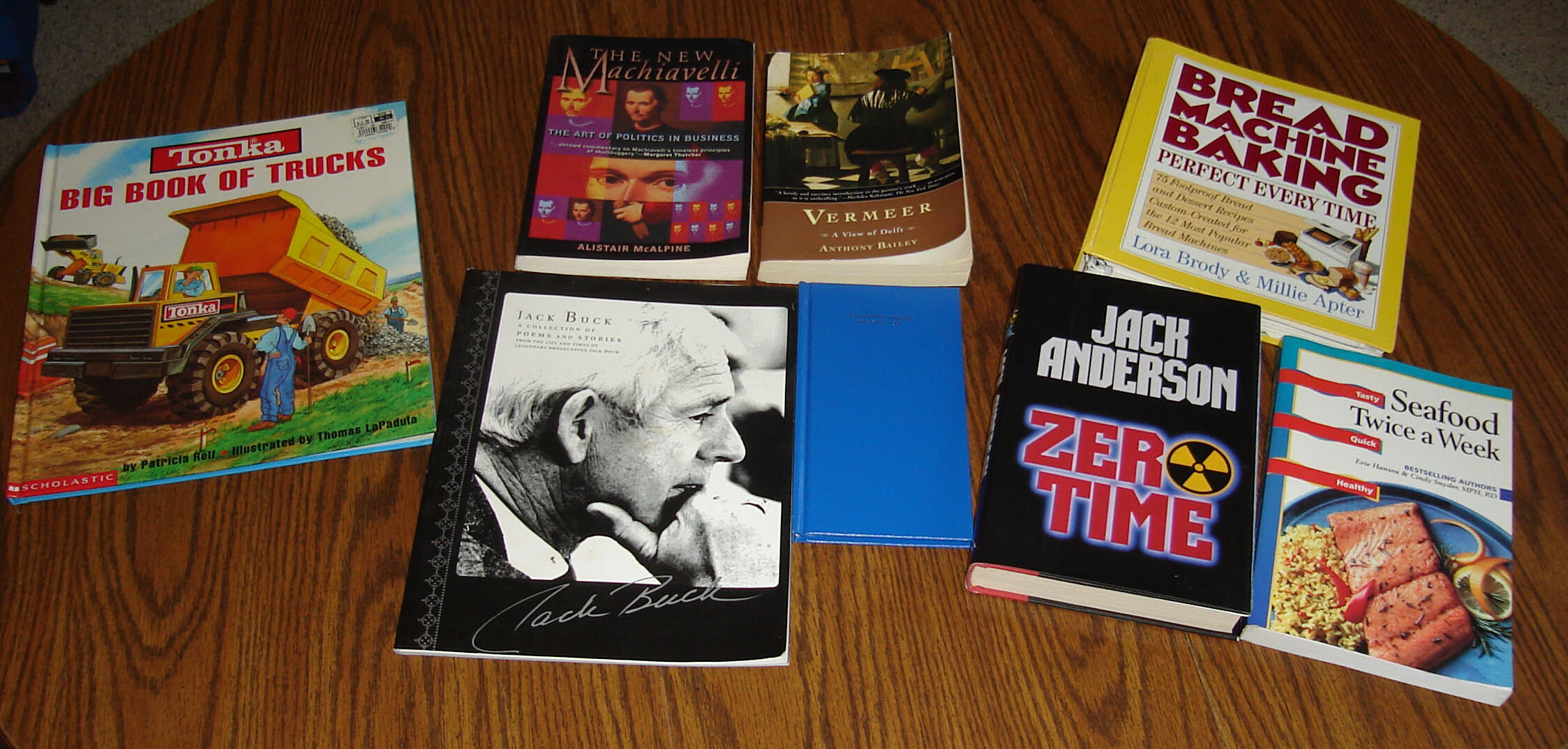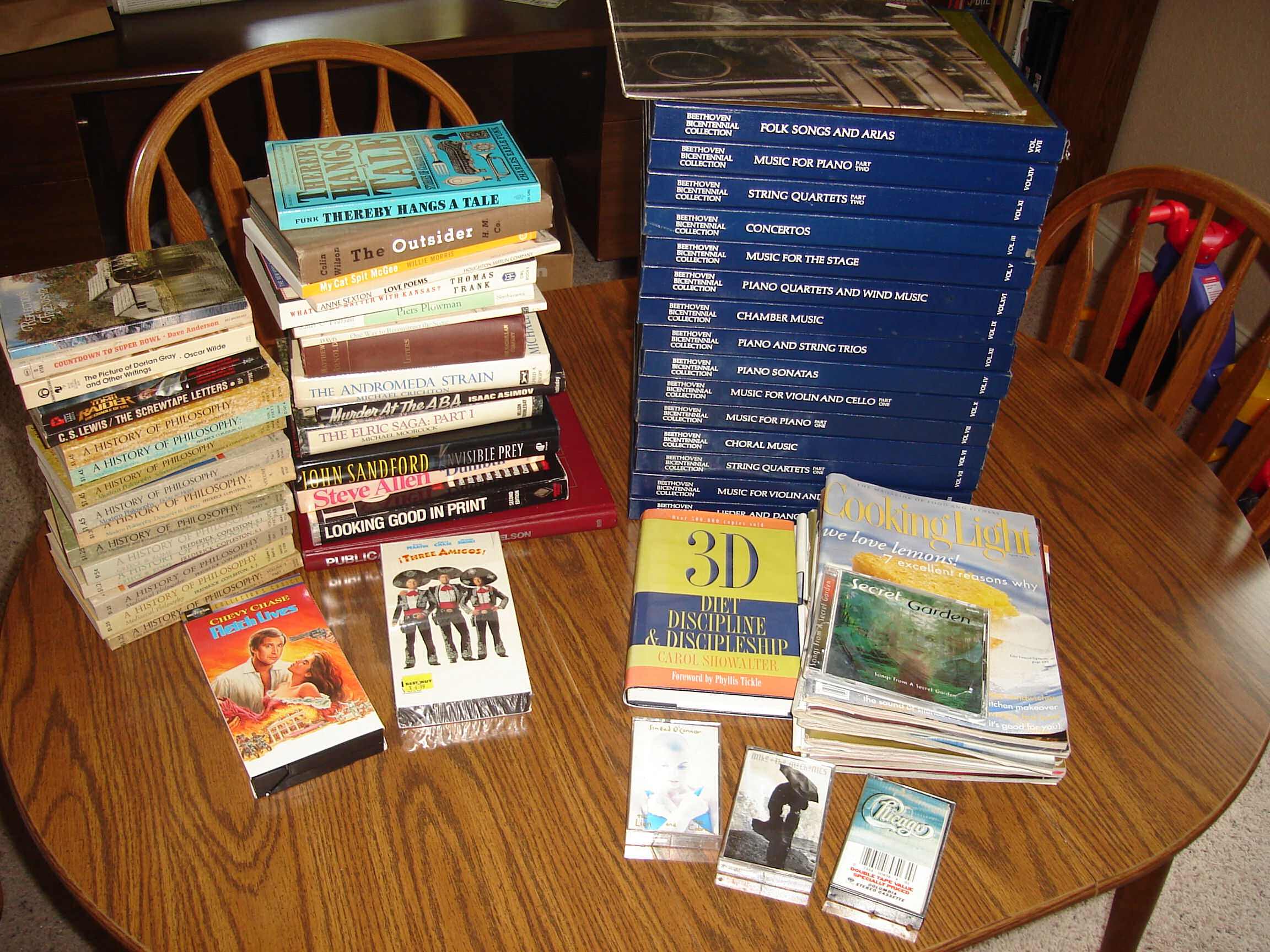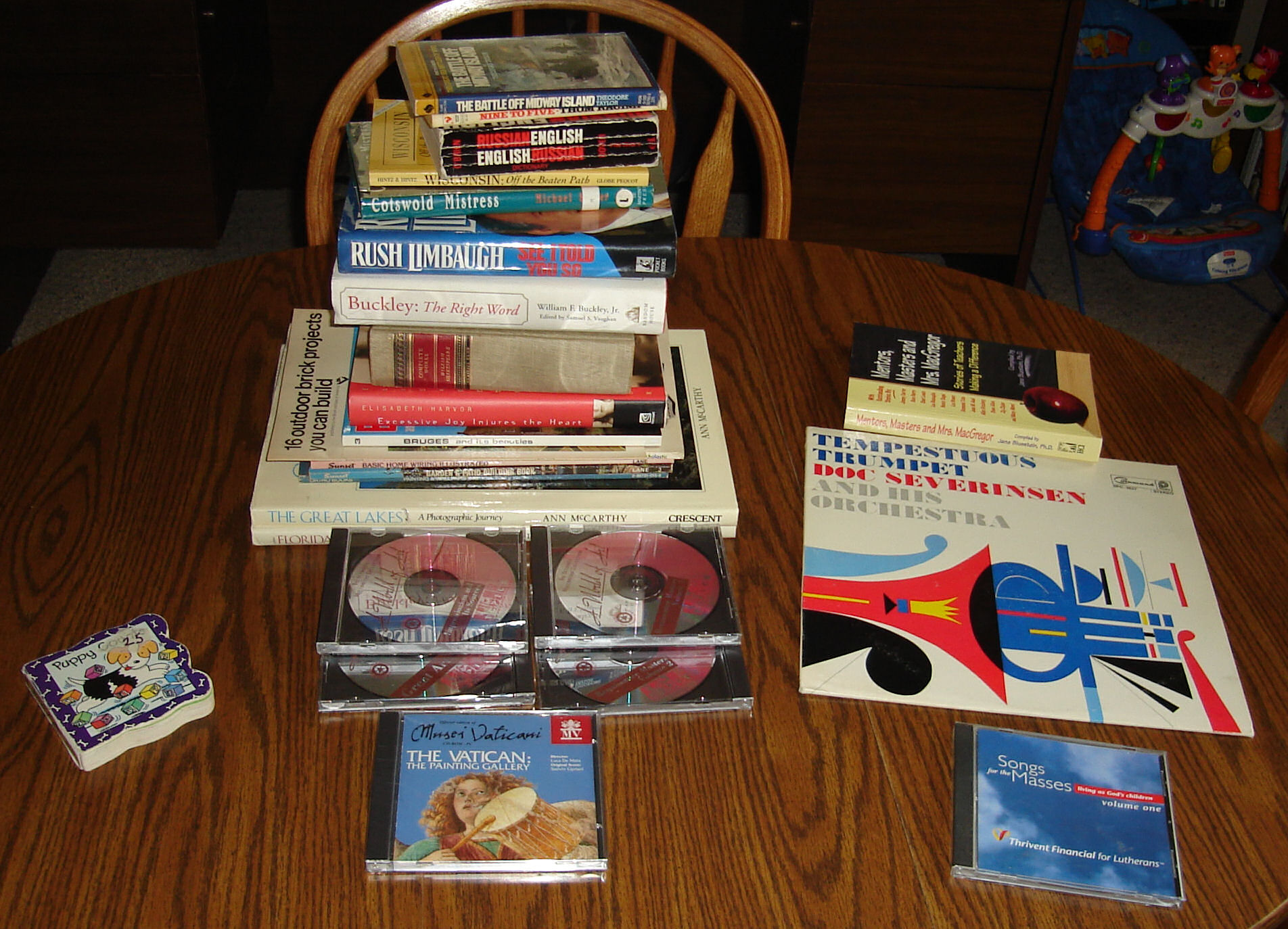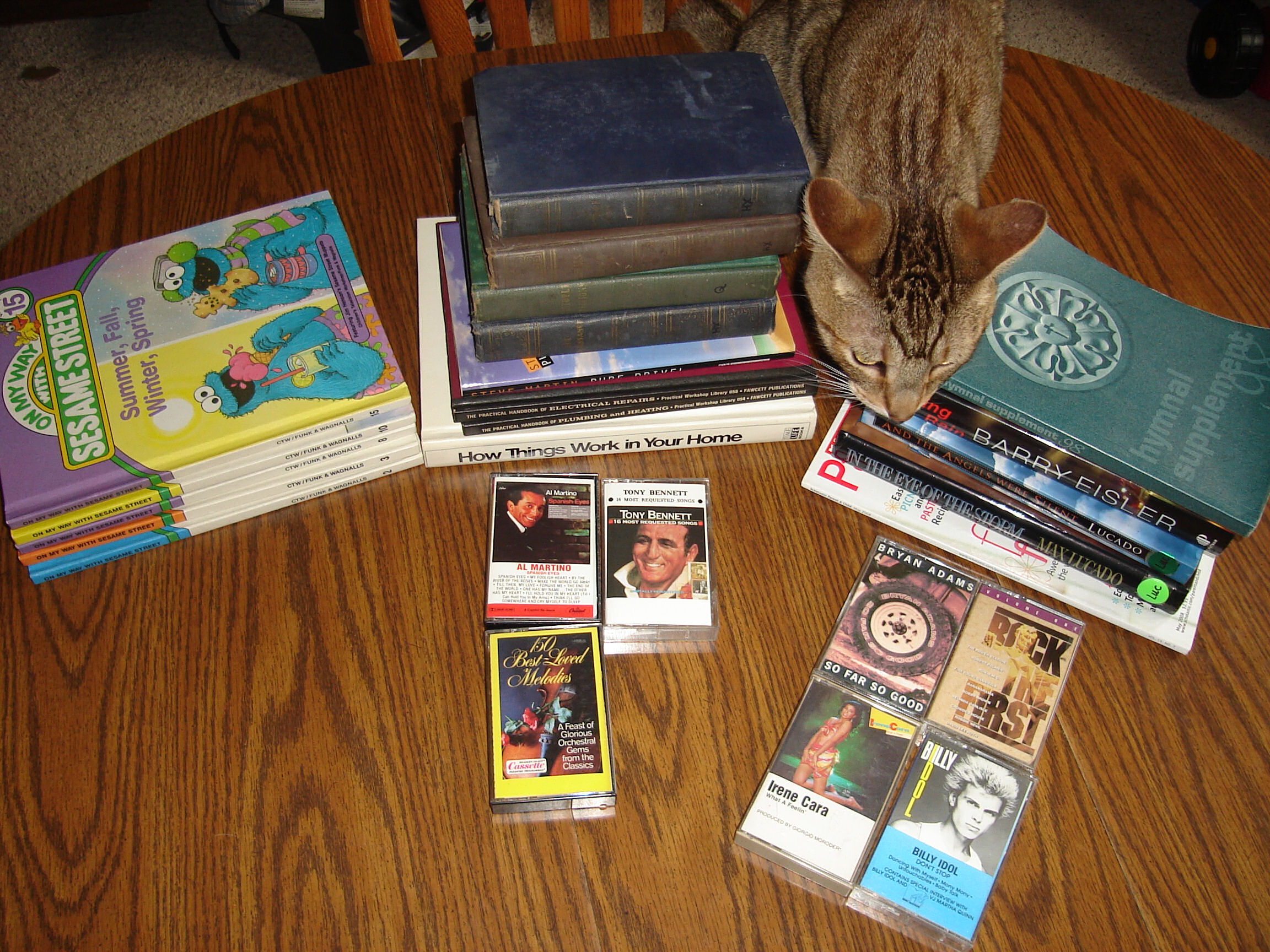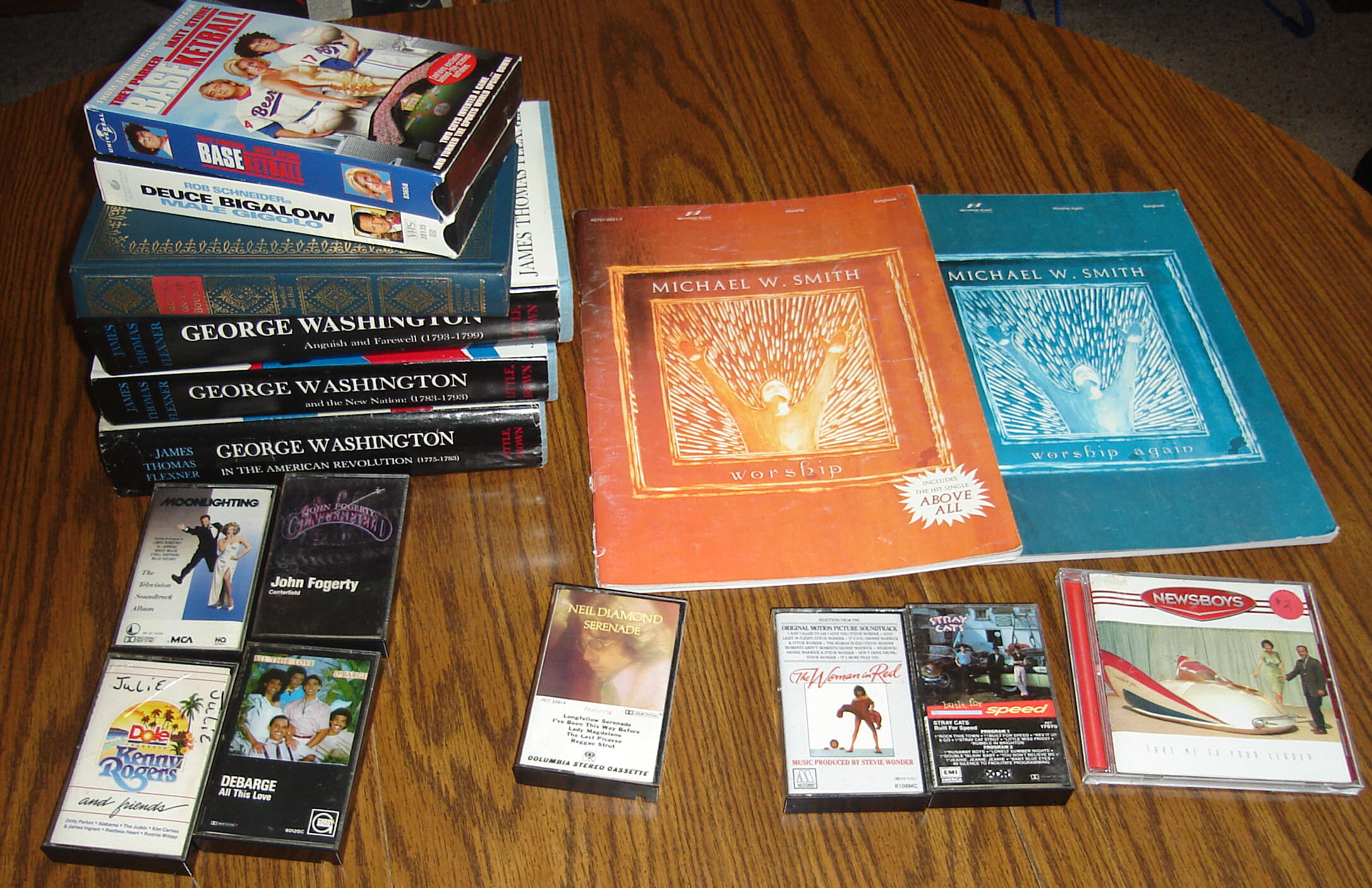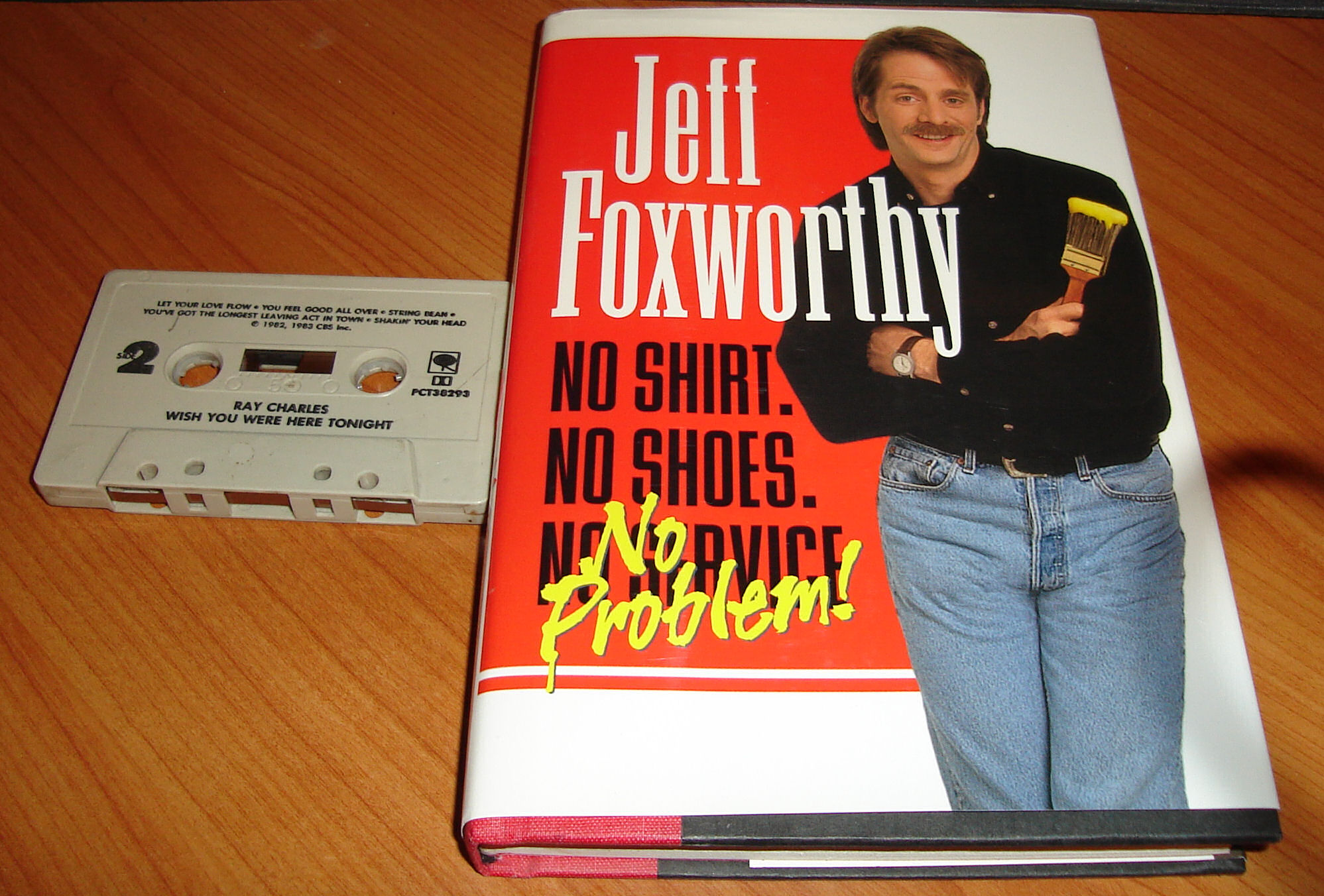Porch Girl posted a This Day In History bit about La noche triste, a night where the Aztecs almost wiped out Cortes and his crew. Huh, I though, that’s not something I’m familiar with, and it’s definitely something begging a historical essay, so I ran right out and grabbed this 600 page academic tome about the conquest of the Mexica.
This is an excellent book on the subject. I mean, the author’s completely in the bag for the Aztecs (he saves his most poetic language for describing the glories of the human sacrifice, what he calls the “astonishing, often splendid, and sometimes beautiful barbarities” on p24) and he’s as pink as farm raised salmon (his previous books are The Spanish Civil War and The History of the Cuban Revolution, he makes a point of saying that winning wars without fighting are notable goals of Clausewitz and Lenin–but no mention of that Sun Tzu guy, and he muses that the conquistadores must have called each other comrade). But he merely weights things that support his idea; he includes a lot of detail and does not omit things which would counter his bias, so someone not like him–like me–could make other inferences from the data.
Now, onto the story.
Most history books mostly gloss over the conquest of Mexico, turning it into a very simple tale of Spain pillaging the New World again, this time swapping the name Cortes for Columbus or Pizarro. Still, the story is much more than a morality play where the Western power is bad and the natives are blissful.
The Mexica, as Thomas calls them, were a nation built on winning at wars and getting tribute from conquered tribes. They had conquered everything within a reasonable march from their capital excepting those pesky Tarascans who used metal in their weapons (the Aztecs used stone knives and spearpoints). Each leader, elected from a pool of aristocrats, got a bit more lavish with the lifestyle, and by the time Montezuma rolled in, the city of Tenochtitlan was huge and sprawling and, did I mention, totally dependent upon tribute from conquered tribes around them for its lifestyle. I’ll be frank, the picture Thomas paints shows me an empire on the edge of collapse, Spanish arrival or not. I think the Aztecs ended up being remembered, instead of the Olmecs or the Chichimecs or the Totonacs, because they got conquered by the Spanish.
And let’s not forget the human sacrifices. By the 1520s, the priests were killing ever-increasing number of war captives and people sent to the city as tribute. Maybe the gods were building up a tolerance or something. Thomas tries to tell us how the natives could think of no greater destiny than to die atop a pyramid and to have their bodies cast down the steps and how the subjects of the sacrifices ultimately weren’t in pain because they were whacked out on pulque or peyote.
Thomas, of course, points out that the Aztecs didn’t own slaves as such, and that all the tribesmen who carried the tribute hundreds of miles over mountains and through deserts were volunteers who just wanted to see Tenochtitlan. And maybe be sacrificed.
So that’s the situation when the Spanish show up. Which wasn’t sudden, mind you. Ships appeared off of the coast for years and even landed a couple times. By the time Cortes lands, a couple previous expeditions had visited Yucatan and even Aztec areas and had fought battles with the natives. But Montezuma didn’t prepare. When Cortes lands, Montezuma, the great Aztec leader, behaves like Hamlet, consulting astrologers, not acting, consulting priests, not acting, weeping because he’s doomed, sending gifts to the Spaniards but asking them to stay away from the capital, claiming he cannot meet with Cortes because he’s sick, and doing everything but planning to handle the Spanish expedition precisely.
On the other hand, the Spanish are a developed society with conscience decrying the treatment of the natives and legal mechanisms for control. Also, they work the iron. Thomas tries to place the two civilizations on equal footing (as do many historians, I wager). However, featherwork, a good calendar, and pretty colors painted on humans whose hearts are going to be ripped out are not really a match for the wheel and iron.
Contrary to the short shrift Cortes gets in more summary and cursory historical textbooks, the outcome of the expedition was potentially in doubt throughout. Cortes landed with only 300 men, after all, and not only had to contend with millions of natives, but also with courtly politics and the governor of Cuba who wanted to thwart Cortes. Cortes wanted to capture/dominate the city of Tenochtitlan without a battle and without destruction, perhaps introducing the Venice of the West to Christianity and certainly to exploit its riches. However, the initial plan doesn’t work, culminating in the death of Montezuma, la noche triste, and the assault on Tenochtitlan. Even then Cortes wanted to capture it intact and only ended up burning much of it as a last resort.
The book was quite the eye-opener and really was well done. As I said, even though Thomas favors the Aztecs a bit, he provides the data that can lead to other interpretations (unlike, say, the Oxford History of Mexico, which devotes only a chapter to the conquest, discards contemporaneous Spanish sources as biased, and uses its authors’ own “logic” to suss out the way it really happened almost five hundred years ago). The book lags when it gets into the courtly politics involved and goes into elaborate genealogies of everyone involved. But I cannot but recommend it if you’re interested in this event at all.
Also, personally speaking, this book re-energized my cultural chauvinism. The closer cultures are to American culture, the better. I mean, how can you defend a culture that does this?
What was necessary, in the meantime, was a suitable appeasement of Tlaloc, the rain god. He had to be given food, precious objects, people, chlidren (small, like the little Tlalocs who were believed to wait on the chief god of that name), in a series of festivals. The children had to cry, in order to indicate to the god exactly what was required; and to achieve this, their nails were often drawn out and thrown into the lake monster Ahuitzol, who usually lived from the nails of drowned persons. (Thomas 332)
Brothers and sisters, that’s a culture that needs to be put down. Heather informs me that, in biblical times, tribes like this were completely obliterated instead of conquered, introduced to superior technologies, and Catholicized. Remember, according to some theories of moral calculus, if it saves one child, it’s worth any price! so the conquest of the new world by the old was good.
That being said, one final note: in addition to making me want to read other accounts, including Bernal Diaz de Castillos contemporaneous account, I had the urge to watch Mel Gibson’s Apocalypto; since I don’t have that handy, I’ll have to settle for Firewalker, which, as a man, I must own. Also, the book gave me the urge to play Civilization IV so I could take a turn pasting the Aztecs, which I did.
Books mentioned in this review:



